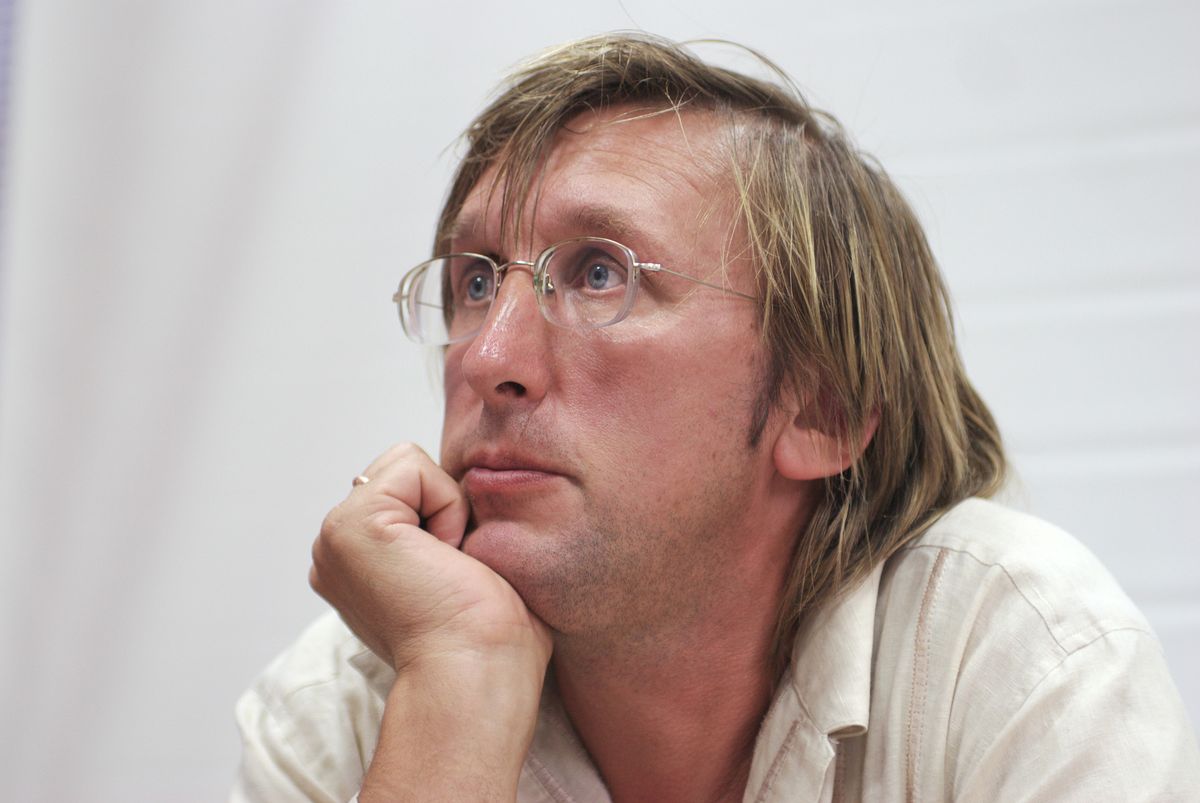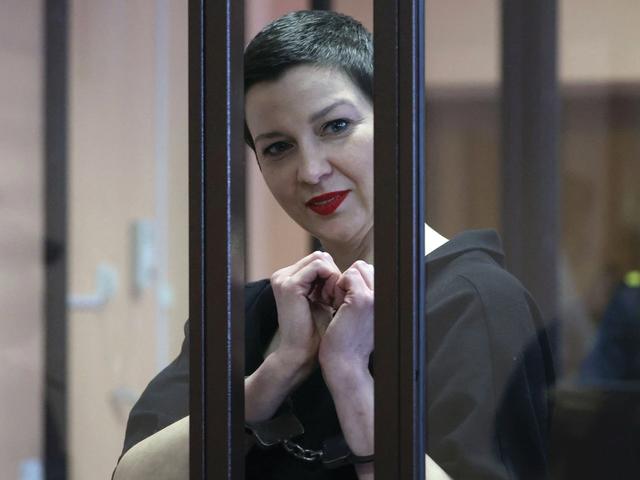Ales Pushkin, a nonconformist artist, iconographer and civic activist who once deposited dung outside the office of Belarusian president Alexander Lukashenko, has died in a prison hospital under “unclear circumstances”, his wife, Janina Demuch, reported in a Facebook post on 11 July. He was 57.
Pushkin was being held in a prison known for its brutal conditions in Grodno, in western Belarus, after being sentenced to five years in 2022 for depicting a post-war Belarusian anti-Soviet guerilla fighter with a machine gun. This was deemed to be a crime committing “deliberate actions aimed at rehabilitating and justifying Nazism”.
Most, a Poland-based Belarusian opposition news site, reported on 12 July that Pushkin had died of multiple organ failure after the prison failed to treat his perforated ulcer in time. The artist’s Facebook page was flooded with tributes to his art and bravery.
Pushkin was one of a number of Belarusian artists caught in a wave of oppression following the 2020 protests challenging Lukashenko’s claim to have won the presidential election against Sviatlana Tsikhanouskaya, the wife of a jailed opposition blogger.
Tsikhanouskaya tweeted on 11 July, after news of Pushkin’s death emerged, that he “used his art to fight for freedom” and build a Belarus free of tyranny, to which he was such a threat because “dictators fear artists” who “have the power to express thoughts & ideas that challenge the regime’s lies” and “hold a mirror to the world, one that tyrants dread to look into”.
Pushkin, who'd promoted the revival of Belarusian culture, started protesting Lukashenko’s regime back in 1999, responding to it with the delivery of manure in his Gift for the President performance. He was also known as an iconographer and restorer and depicted a man resembling Lukashenko in a Last Judgment scene that he painted for a church in his native village of Bobr.



